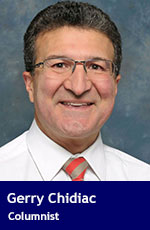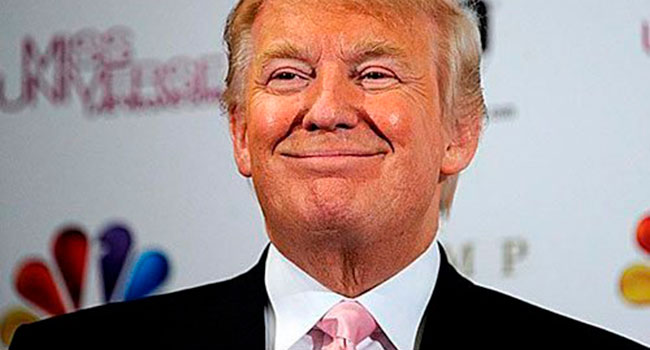 If we look honestly at the media that much of the world consumes, we shouldn’t be surprised that we’re living in a time of crisis.
If we look honestly at the media that much of the world consumes, we shouldn’t be surprised that we’re living in a time of crisis.
One of the goals of education is to develop the capacity for critical thinking in young people. This doesn’t mean we condemn anyone else, but it does mean we learn to look at people and society from an informed and objective perspective.
I recently read The Dangerous Case of Donald Trump, a compilation of essays by experts in mental health, edited by forensic psychiatrist Bandy X. Lee.
There is much discussion about whether Trump is a narcissist, the difference between diagnosing a patient and observing a public figure, and the ethics of discussing a person’s mental health.
Ultimately, Lee and the other professionals involved in the book felt they needed to speak out on this issue, not because they wanted to demonize the U.S. president or his apparent condition, but because he literally holds his hand over the button that determines whether life on Earth continues. And his words and behaviour are consistent with those of a person who is prone to compulsive and uniformed decisions.
Trump’s niece Mary Trump, a psychologist, recently published Too Much and Never Enough for much the same reason. She sees her uncle as a very dangerous man and is concerned that our planet won’t survive another four years of his presidency.
We need to remember, however, that Donald Trump’s rise to his current position is not simply an American phenomenon. Before he was a politician, he was a global media star. People all over the world tuned in to The Apprentice television show every week. We followed the soap opera of his marriages, watched him on talk shows and read his books.
The issue, perhaps, is that we haven’t understood the difference between assertiveness and aggression, nor have we comprehended that healthy competition isn’t the same thing as winning at all costs.
Donald Trump has in many ways done us a favour, forcing us to take a step back from our hyper-competitive consumer world as we head toward a cliff driving 100 km/h.
By mindfully processing the works of mental health professionals, we can see that we, and the mainstream media we mindlessly consume, are part of the problem.
The Apprentice is not the only reality program that rewards deception, dishonesty, manipulation and lack of accountability. Do we really believe that emulating these strategies will lead to peace, happiness and meaning in life?
The issue with uncritical consumption of media goes much further than reality television. In a recent YouTube video, psychologist and narcissism expert Dr. Ramani Durvasula discusses the dangerous relationship of myths fostered by fairy tales. Can we really change a self-centred monster into a kind and handsome prince with our love, and then live happily ever after?
Durvasula states, “The reality is … antagonistic, high conflict, rageful personality styles are not particularly amenable to change, and most of the people around them … go on to experience pretty significant anxiety and self-doubt from being around them.”
Clearly, we need to make better decisions in all aspects of our lives. To do so, we need to think critically and to think critically, we need good information.
We’re very fortunate to have mental health professionals who risk criticism by offering us useful information with regard to danger signs in human behaviour. We need to take that information and apply it to ourselves so we can be at our best.
We need to apply what we know and understand to the world around us, question what we feel needs to be questioned, challenge what needs to be challenged, and make our lives and our world the best they can be.
Troy Media columnist Gerry Chidiac is an award-winning high school teacher specializing in languages, genocide studies and work with at-risk students.
The views, opinions and positions expressed by columnists and contributors are the author’s alone. They do not inherently or expressly reflect the views, opinions and/or positions of our publication.

